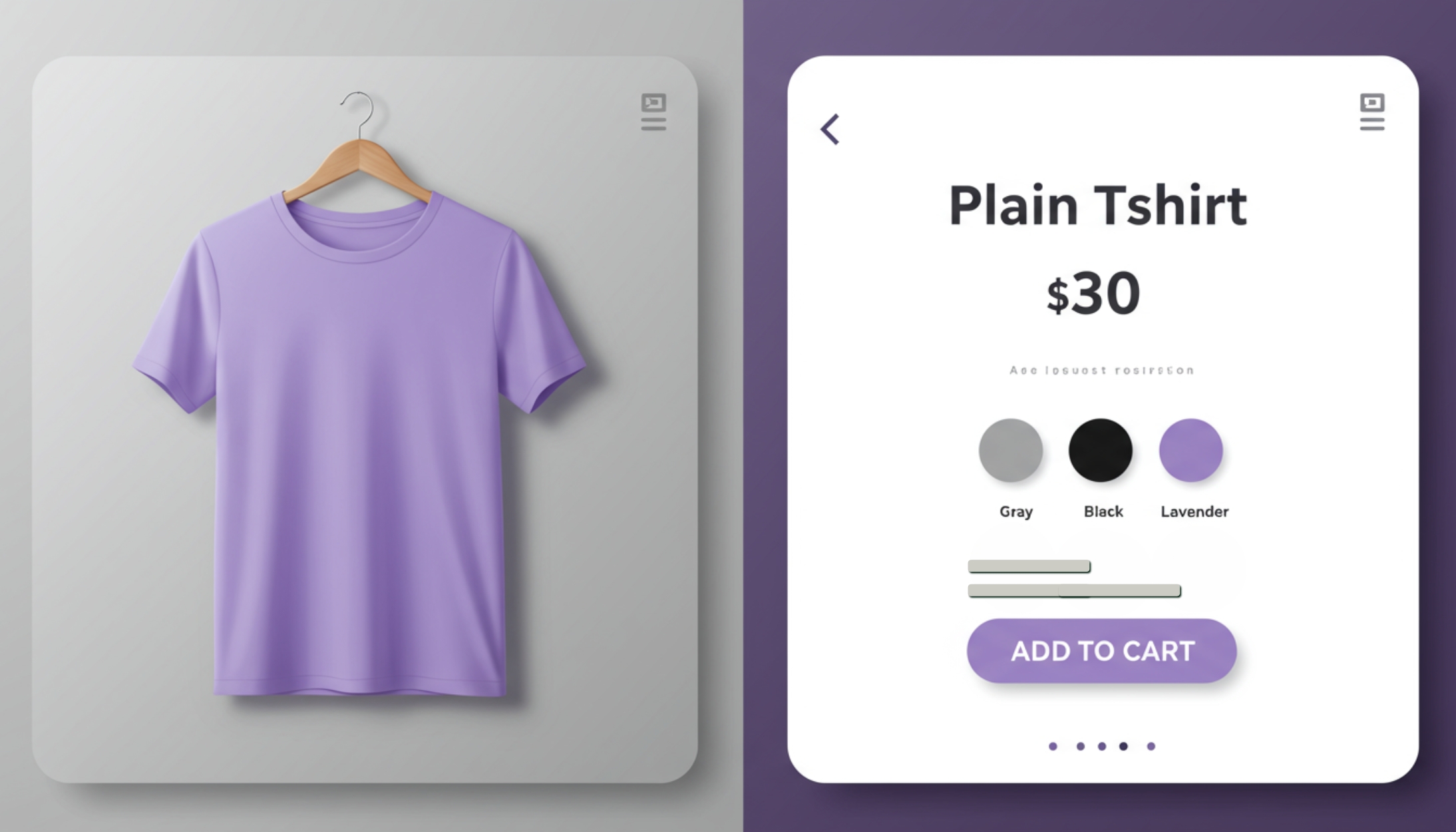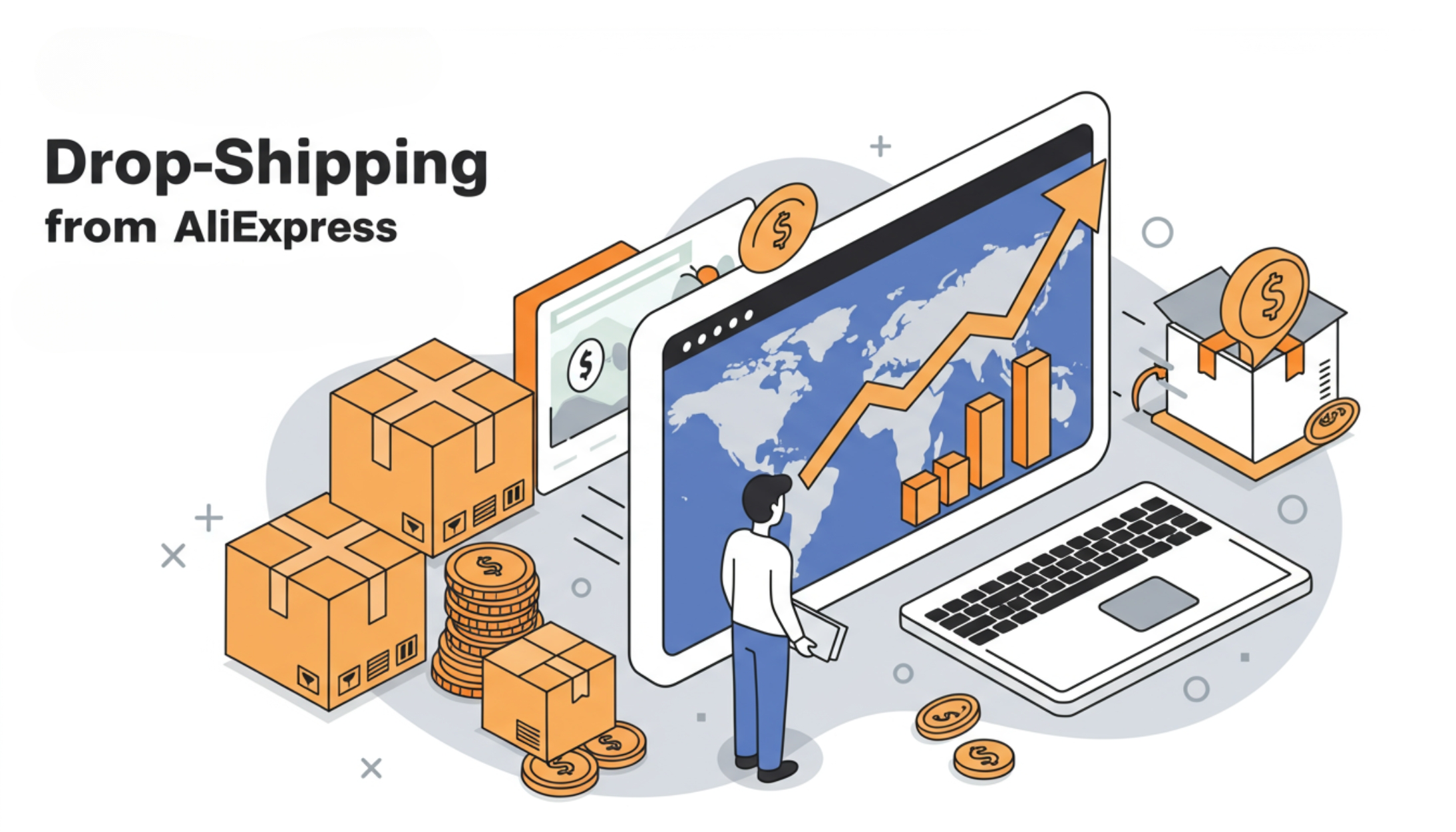Table of Contents
- What is White Labeling?
- Benefits of White Labeling Products
- Drawbacks Of White Labeling?
- Why do Companies Opt For White Label Solutions?
- Is white Labeling a wise choice?
- What is the Difference Between White label and Private label
- Are Private Label Products More Expensive Than White Label Products?
- Which is better White labeling Or Private Labeling?
What is White Label?
White labeling is a business practice where a manufacturer produces a generic product, which is then rebranded and sold by different companies under their labels. White label allows brands to expand their product offerings without incurring the costs and time associated with research, development, and manufacturing. Essentially, the same product can be marketed under various brand names, enabling companies to cater to diverse market segments with minimal investment.Benefits of White Labeling Products
-
Cost Savings:
White labeling allows you to save money when starting a business. Instead of spending a lot of money on creating, producing, and marketing a new product, you can use a product that’s already made. -
Faster Market Entry:
When you choose white label products, you can get your product into the market faster. This is because the product is already made, so you don’t have to spend time creating and testing it. All you need to do is add your own brand or label to the product, and you’re ready to start selling. -
Less Risk:
Starting a new business always involves some risk, but white labeling can help reduce that risk. If you develop a product yourself, you risk losing a lot of money if it doesn’t sell well. With white labeling, your investment is smaller because you’re using a product that’s already been made. So, if the product doesn’t do well, you won’t lose as much money as you would if you had made the product yourself. -
Customization Options:
Even though you’re using a product that’s already made, white labeling still gives you the chance to make it your own. You can choose how you want the packaging, branding, and marketing to look. This means you can make the product fit your brand and appeal to your target audience, making it stand out as a unique item under your brand name. -
Lower Minimum Orders:
When you choose white-label products, you often don’t have to order as many items at once. This is because the manufacturer is already making these products, so they don’t need to set up anything special for smaller orders. This can be helpful if you’re just starting and don’t want to commit to buying a large number of products before you know how well they will sell. -
Quality Assurance:
Going with white-label products can also mean you get better quality assurance. This is because the manufacturers who make these products usually have strict quality control processes in place. So, when you choose white labeling, you can feel more confident that the products you’re selling meet certain quality standards.
What are the drawbacks of White Labeling?
-
Tough Competition:
In the world of white labeling, you’re likely to face stiff competition from other brands. This can be particularly challenging when it comes to setting prices. Since many businesses might be selling similar or identical products, standing out can be difficult. -
Price Wars:
This intense competition often leads to what’s called a price war. In a price war, each brand tries to undercut the others by lowering their prices. The goal is to attract customers by offering the lowest price. However, this can also mean that profit margins get squeezed, making it harder for businesses to make money. -
Limited Options:
While white labeling can be a smart business strategy, it does come with its limitations. Since you’re selling products made by your suppliers, there’s only so much you can change or customize. You have to work within the boundaries set by your suppliers, which can restrict your ability to make your products stand out in a crowded market. -
Considering Private Labeling:
If you’re looking for more freedom to personalize your offerings, you might want to consider private labeling. With private label products, you have more control over the design, features, and branding of your products. This can allow you to create more unique and distinctive products, which can help you stand out from the competition and potentially command higher prices.
Why do companies Opt for White Label Solutions?
Imagine it like this, a White Label company hands you a blank canvas to create your brand without the hassle of starting from scratch. Instead of reinventing the wheel and wasting time and money, brands choose the simplicity of White Label Solutions. Let’s explore the key benefits of launching white label products:-
Brand Ownership:
With a White Label solution, you get a platform that you can tailor to your brand. This allows you to create a unique product that stands out in the market. You can shape the service model to fit your business goals and establish a strong presence in the digital market, all under your brand name. -
Fast and Simple Setup:
White Label solutions come as ready-made options that can be easily branded with your logo and identity. By partnering with a White Label provider, you can quickly enter the market without the lengthy process of developing a product from scratch. -
Affordable and Efficient:
Developing a new product from the ground up can be a costly and time-consuming endeavour. By opting for a White Label solution, you can bypass these expenses and efforts. You get access to a polished product that has already been developed and tested, saving you money on research and development costs. This approach allows you to focus your resources on other aspects of your business while still offering a reliable solution to your customers. -
Focus on Your Strengths:
Brands are most successful when they concentrate on their core competencies. With a White Label solution, you get a ready-to-use platform that can generate income without the need for extensive development work. This allows you to focus on your strengths, such as marketing and customer service, while still expanding your product offerings. -
Satisfy Your Customers:
Providing White Label solutions enables companies to meet customer needs quickly and effectively. By offering products that are ready to use and tailored to your brand, you can build strong relationships with your customers. This ensures that they have easy access to the solutions they need without having to search elsewhere, leading to higher customer satisfaction and loyalty.
Is white labeling a wise choice?
Yes, white labeling can be a smart choice because it lets businesses sell products without making them from scratch, saving time and money. Companies that use white labeling can start a business with a product that’s already made, which helps them save money on product development. This approach lets them avoid the costly retail process and concentrate on establishing an online store or selling through social media platforms. Choosing to sell white label products can be a good strategy if your goals include:- Selling a product that’s already in demand.
- Starting a business quickly.
- Beginning with a small investment.
- Adding branded products to your existing retail store.
- Capitalizing on a strong market position.
- Earning revenue from your blog or social media channels.
What is the Difference Between White label and Private label
| Feature | White Labeling | Private Labeling |
|---|---|---|
| Product Origin | Standard product made by a manufacturer. | Customized products made specifically for one brand. |
| Branding | Retailers add their branding to the product. | The product is exclusively branded for one retailer. |
| Customization | Limited to branding and packaging. | Can include unique formulations, designs, and packaging. |
| Exclusivity | Products can be sold by multiple retailers. | The product is exclusive to one retailer or brand. |
| Investment | Lower upfront investment in product development. | Higher investment in customization and development. |
| Market Entry | Allows quick entry to the market with minimal risk. | Requires more time and resources for market entry. |
| Differentiation | Limited differentiation from competitors. | High potential for brand differentiation. |
| Target Audience | Broader market appeal. | Niche market or specific customer segment. |
Why Private Label Products More Expensive Than White Label Products?
Private Label Products:
- Custom Made: These products are made just for one brand, so they can be exactly what the brand wants. This can include special ingredients or designs. But making something special just for one brand takes more work and money.
- Only for One Brand: Since these products are only for one brand, the brand has to pay for all the costs of making them. There’s no sharing of costs with other brands.
- Made in Small Amounts: These products are usually made in smaller amounts, which means they can’t be made as cheaply as products that are made in large amounts.
White Label Products:
- Standard: These products are made in a standard way and sold to many brands. This means they can be made in large amounts, which is cheaper.
- Costs Are Shared: Since the same product is sold to many brands, the costs of making them are shared. This makes them cheaper for each brand.
- Less Customization: These products are not made specially for one brand, so there’s less customization. This makes them cheaper to produce.
White Labeling Or Private Labeling -Which is better?
Choose Private Label When:
- You’ve already designed a product.
- Your designed product is better than any white label options.
- You plan to make your product yourself eventually.
- You need to lower manufacturing costs due to small quantities or to save on setting up production.
Choose White Label When:
- You want to enter the market quickly.
- You don’t have a budget for research and development.
- You have a brand that needs a product to sell.
- You’re not an expert in this product area and don’t need to be.
- The white label products meet your standards for quality.



 Customize Your Products
Customize Your Products



